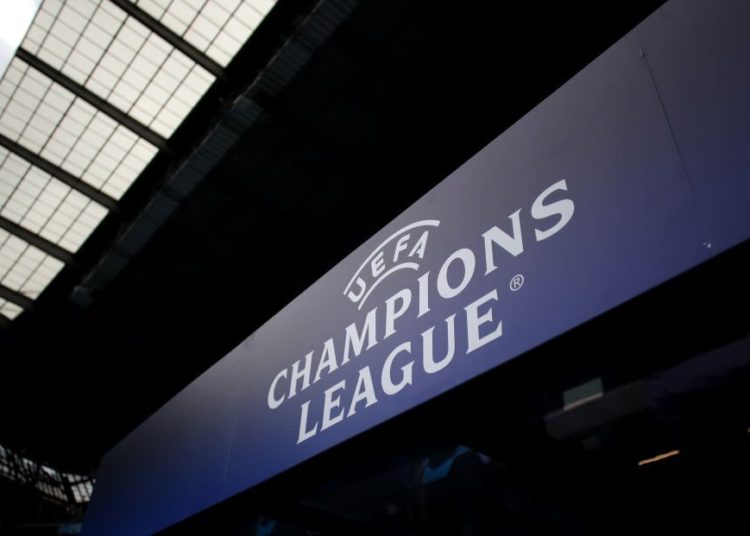UEFA’s executive committee have confirmed the most significant changes to the Champions League in a generation. The changes will be starting from the 2024/25 season which will see the introduction of the so-called "Swiss System" which will replace the group stage:
The key amendments relate to the reduction from 10 matches to 8 in the league phase of the UEFA Champions League and the change of criteria for the allocation of two of the four additional places in the UEFA Champions League, removing access based on club coefficient. This confirms UEFA’s strong commitment to the principle of open competitions and sporting merit, while recognising the need to protect domestic leagues.
The eight matches of the UEFA Champions League will be played over the ten European weeks foreseen by the decision made in April 2021. The UEFA Champions League, UEFA Europa League and UEFA Europa Conference League will all enjoy one week of calendar exclusivity.
The four additional places created by the increase from 32 to 36 teams in the league phase of the UEFA Champions League will be allocated as follows:
One place will go to the club ranked third in the championship of the association in fifth position in the UEFA national association ranking.
• One place will be awarded to a domestic champion by extending from four to five the number of clubs qualifying via the so-called “Champions Path”.
• The final two places will go to the associations with the best collective performance by their clubs in the previous season (total number of points obtained divided by the number of participating clubs). Those two associations will earn one place for the club best ranked in the domestic league behind the UEFA Champions League positions. For example, at the end of the current season the two associations adding one club to the Champions League, based on the collective performance of their clubs would be England and the Netherlands.
• The UEFA Executive Committee once again confirmed that all games before the final will still be played midweek, recognising the importance of the domestic calendar of games across Europe.
Article appeared originally in UEFA's website: UEFA.com
















